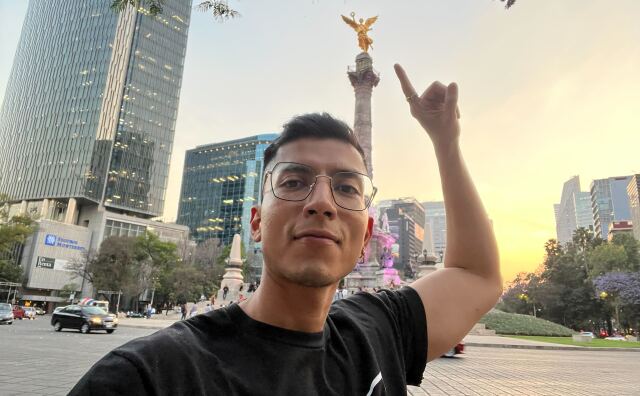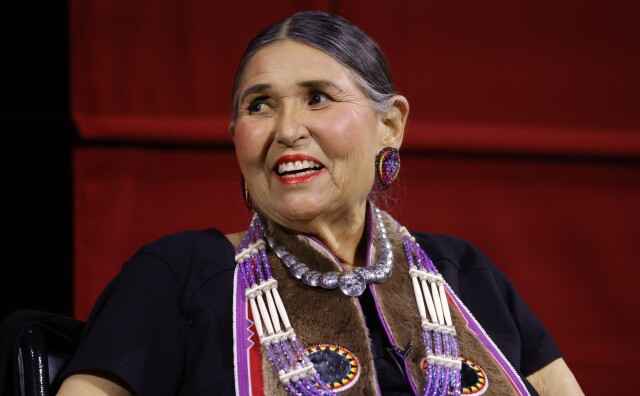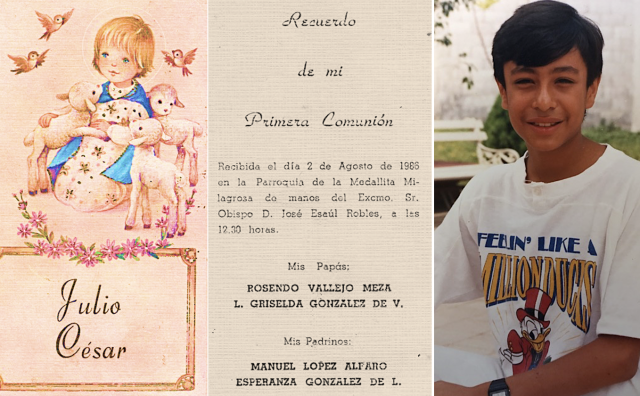Gospel Composer Doris Akers Changed The Game For Church Music. And She Did It From LA

Jim Crow was in its heyday and Black America had seen enough. Millions of families packed up and got the hell out of Dixie.
The first few decades of the 20th Century seemed no more promising than the previous to Black Americans. By the 1940s, Black people found themselves at a unique intersection in history: a moment when man’s inability to see the humanity of his neighbor provided them both the impetus to leave the South and the opportunity to find gainful employment in a more enlightened area. There was a world war, and Los Angeles factories were hungry for workers. Millions headed west.
Like seeds planted in our warm Southern California soil, Black communities grew and prospered. They also struggled to establish roots in an unforgiving racial climate, not unlike the ones they had left. As they worked and prayed for better days, churches became crucial community gathering points, and their music helped form the soundtrack for the Black experience.
Enter Doris Akers, who arrived in Los Angeles in 1945. She quickly proved to be a gifted gospel composer. Akers’ mastery of harmony and counterpoint quickly made her music stand out from the rest, eventually laying a foundation for the jazz, soul, and R&B trends to come.
Her song, “Lord Don’t Move The Mountain,” inspired our series, Evoke L.A. — a unique collaboration between ALOUD and our newsroom. Energized by collections in the Los Angeles Public Library archives, the series dives deep into the heart and soul of the city to illuminate its rich history through a contemporary lens.

The lyrics immediately strike me as a people’s desperate cry to God. But, in contrast with other songs at the time, Akers opts to ask God not to remove tribulations and wrongdoers from her life. Instead, she prays that the spirit changes hearts and minds. A point made evident in this section:
Now when my folks would slay me
These things they will try to do
But Lord, don't touch 'em
But within their heart
Make ‘em give their life to you
Singer Maiya Sykes helped analyze and reinterpret the piece for the event. Historian Tyree Boyd-Pates provided incredible context, and curator Josh Kun provided a thoughtful reflection on the impact Los Angeles gospel continues to have on popular music.
As I studied Akers work to get ready for our conversation, I was struck by how much her career served as a musical bridge between stylings of the past and the jams that get us moving today.
And I also gained a deeper sense of appreciation for my gospel music education.
My classroom was the passenger seat of my Dad’s car, it didn’t come from our church. I could swear he cycled through the same four CDs and cassettes over the years. That repetition had its benefits: I internalized the harmonies of Sam Cooke and The Soul Stirrers and got in the groove with the Reverend Al Green, all while absorbing the importance of proclaiming your truth loudly. Perhaps most importantly, the formative experience connected me with my father, just as it connected him with his mother.
I still listen to my dad’s gospel favorites in the car from time to time, but now, I’m in the driver’s seat. For me, those physical and spiritual moments illustrate a crucial trait of the Black American experience: moving forward while building on the foundations laid by those who came before us.
-
My good friend used advance parole to leave the country and return. Now it's my turn to go back "home."
-
When you grow up in Anaheim close enough to watch Disneyland fireworks every night while your family can’t afford to go, you can’t help but feel like you’re on the outside looking in.
-
She sat down with us in April, nearly 50 years after the night she turned down Marlon Brando's Best Actor Oscar — which is still among the most memorable and contentious in Academy Awards history.
-
Latin America is no stranger to racism and colorism — just turn on a telenovela and see for yourself. And it’s alive and well in our own communities here in the U.S.
-
When you grow up identifying as "half white and half Mexican," the task of choosing what box to check on a government form isn't easy.
-
Growing up as the son of a Filipino immigrant dad and Russian American mom, Mark Moya felt equally attached to both cultures. He still does. Lately, he's been thinking more about their immigrant legacy and how it shaped him, especially after losing his dad earlier this year to COVID-19.









